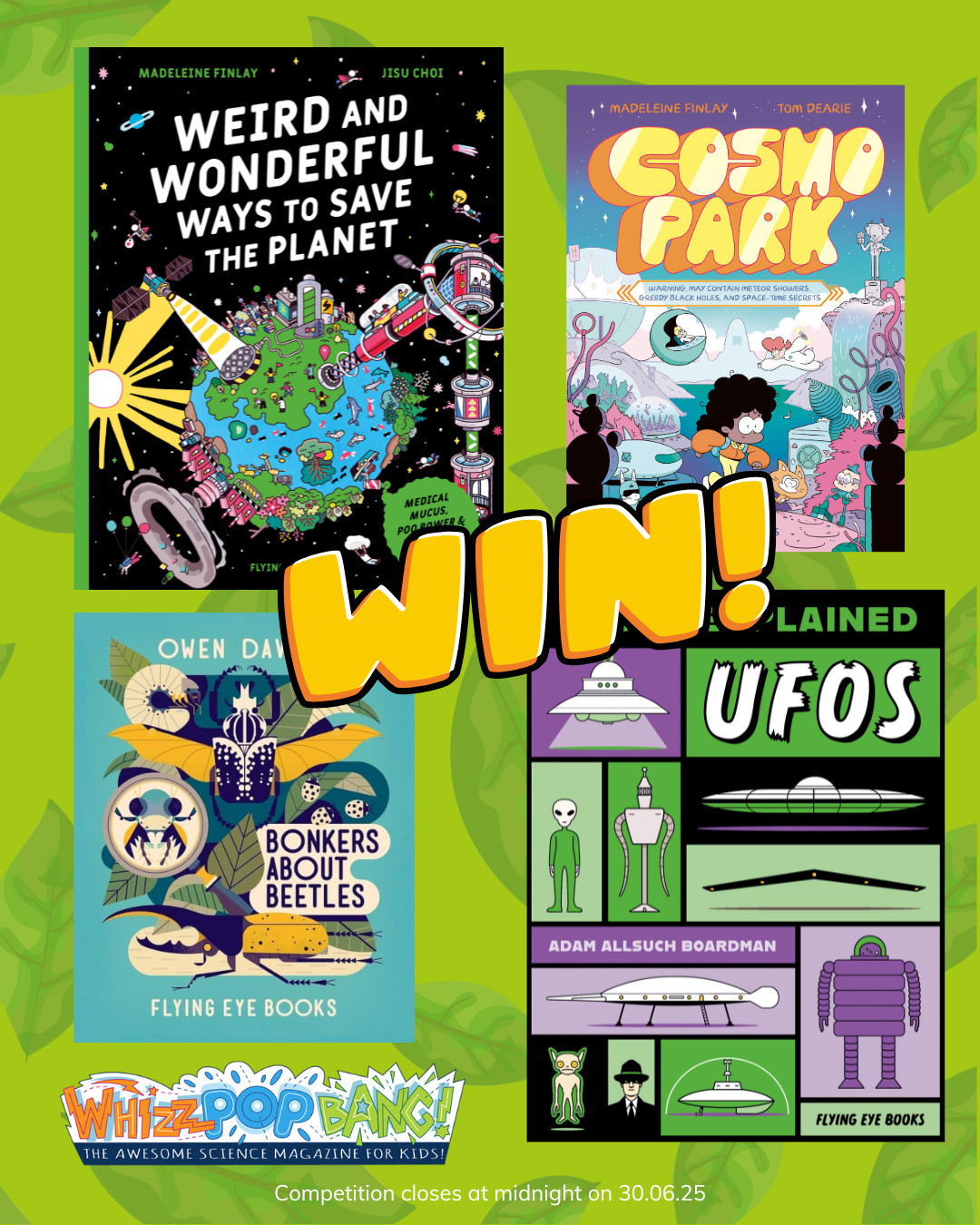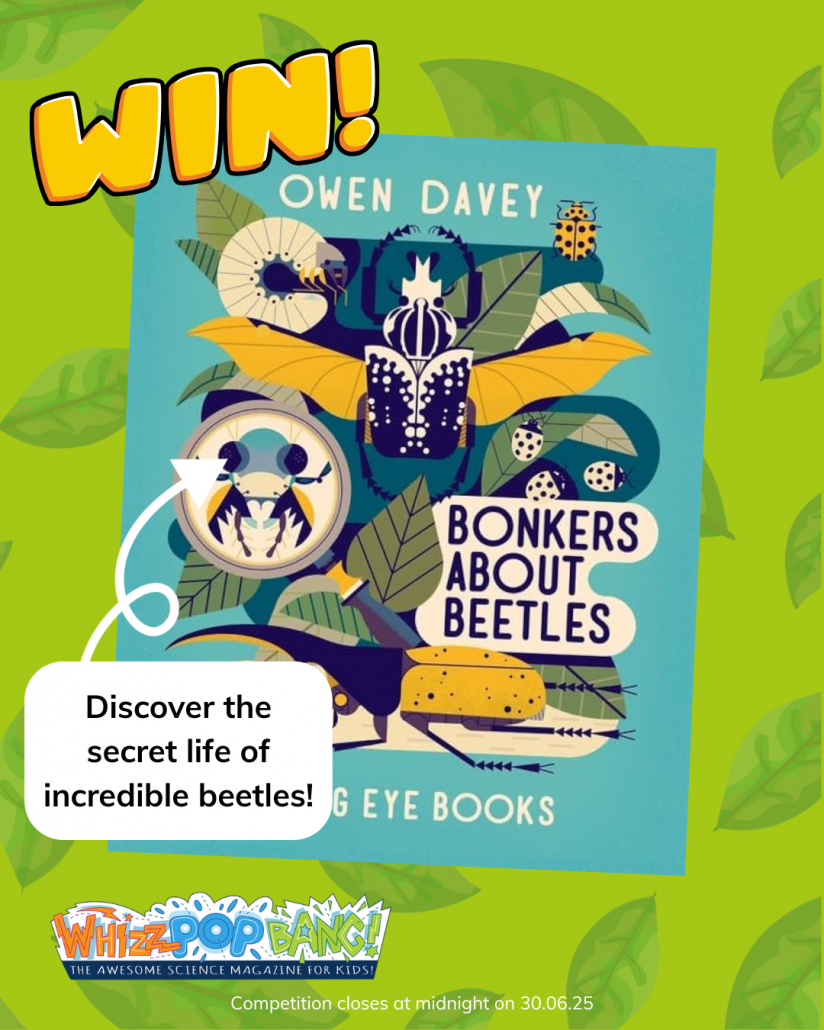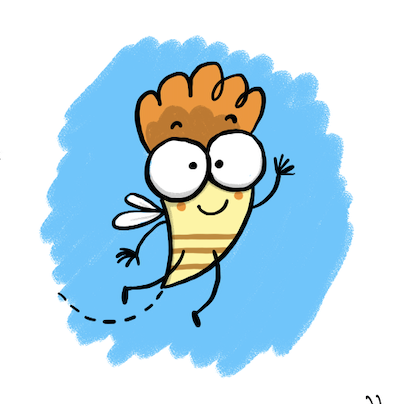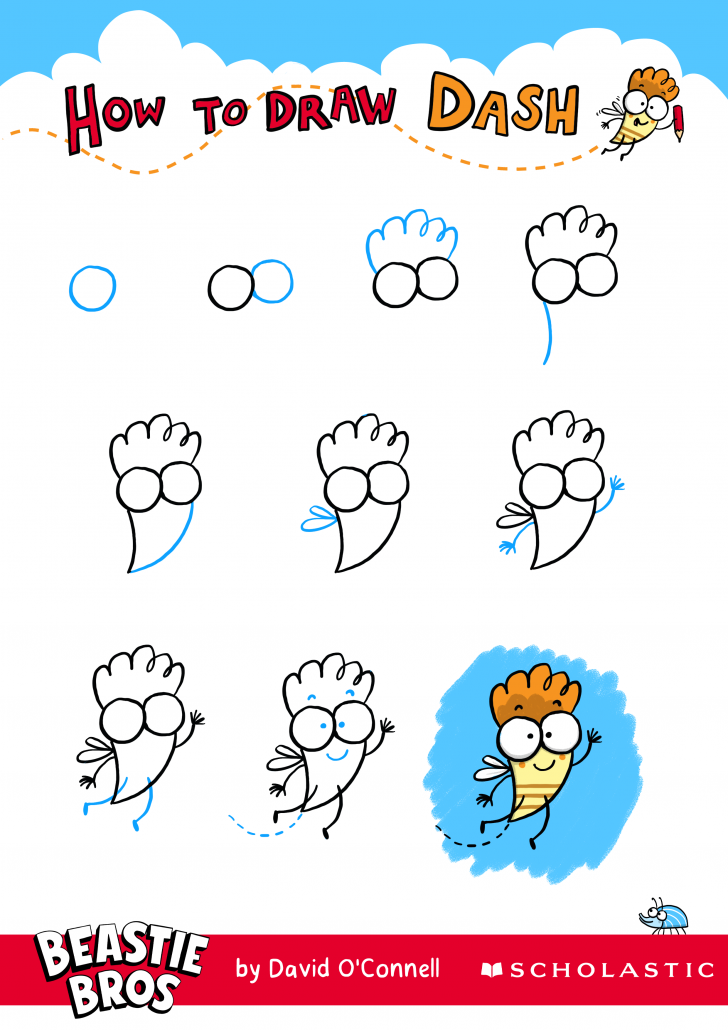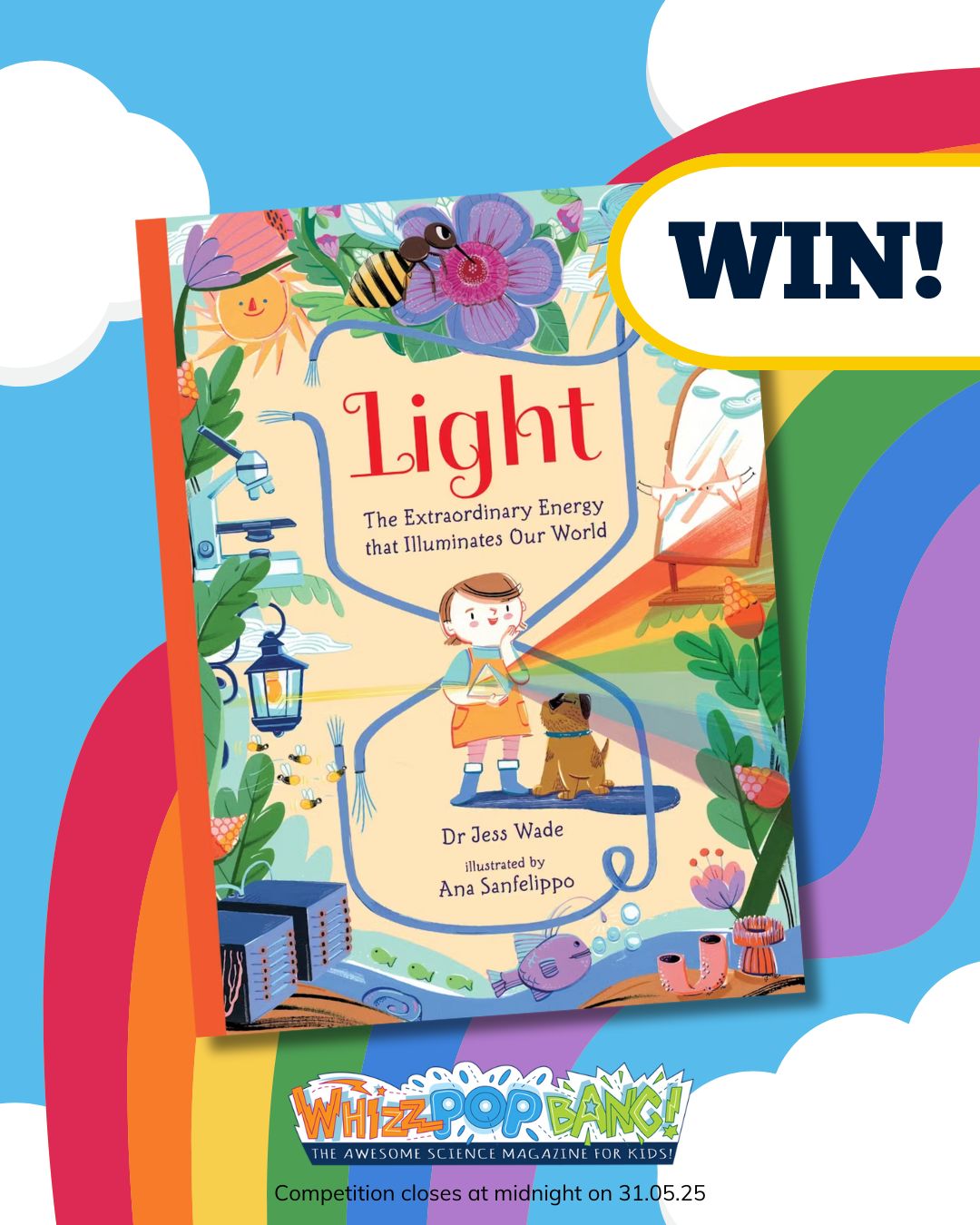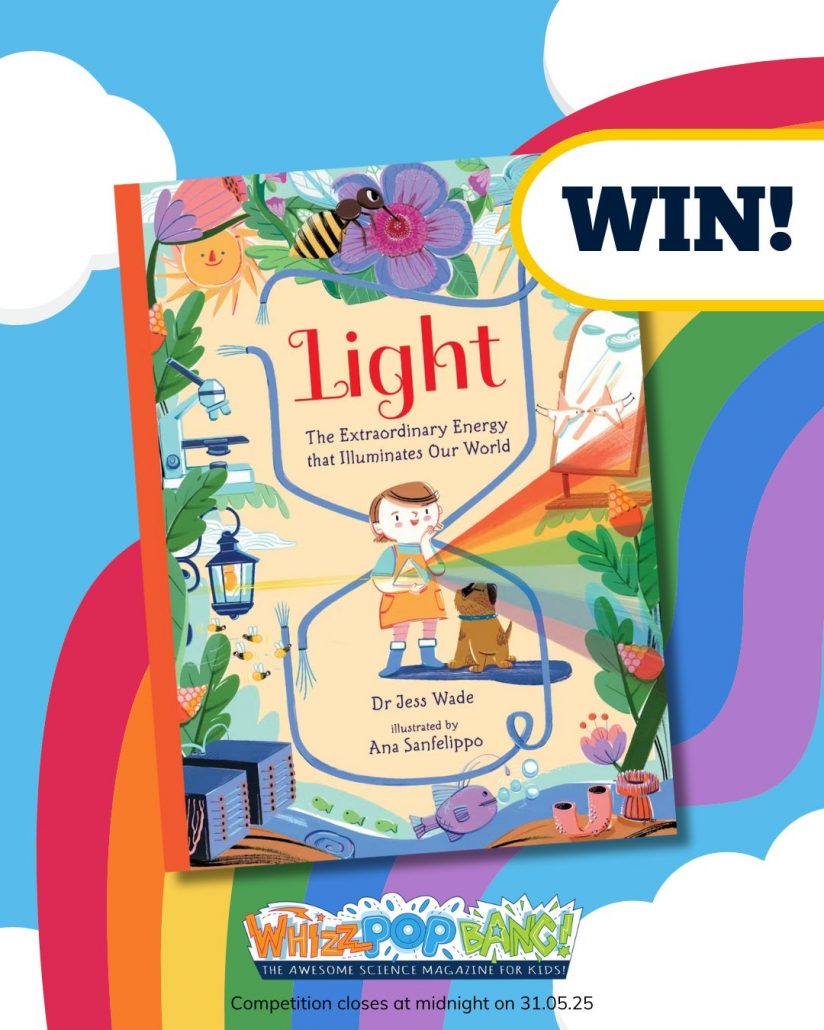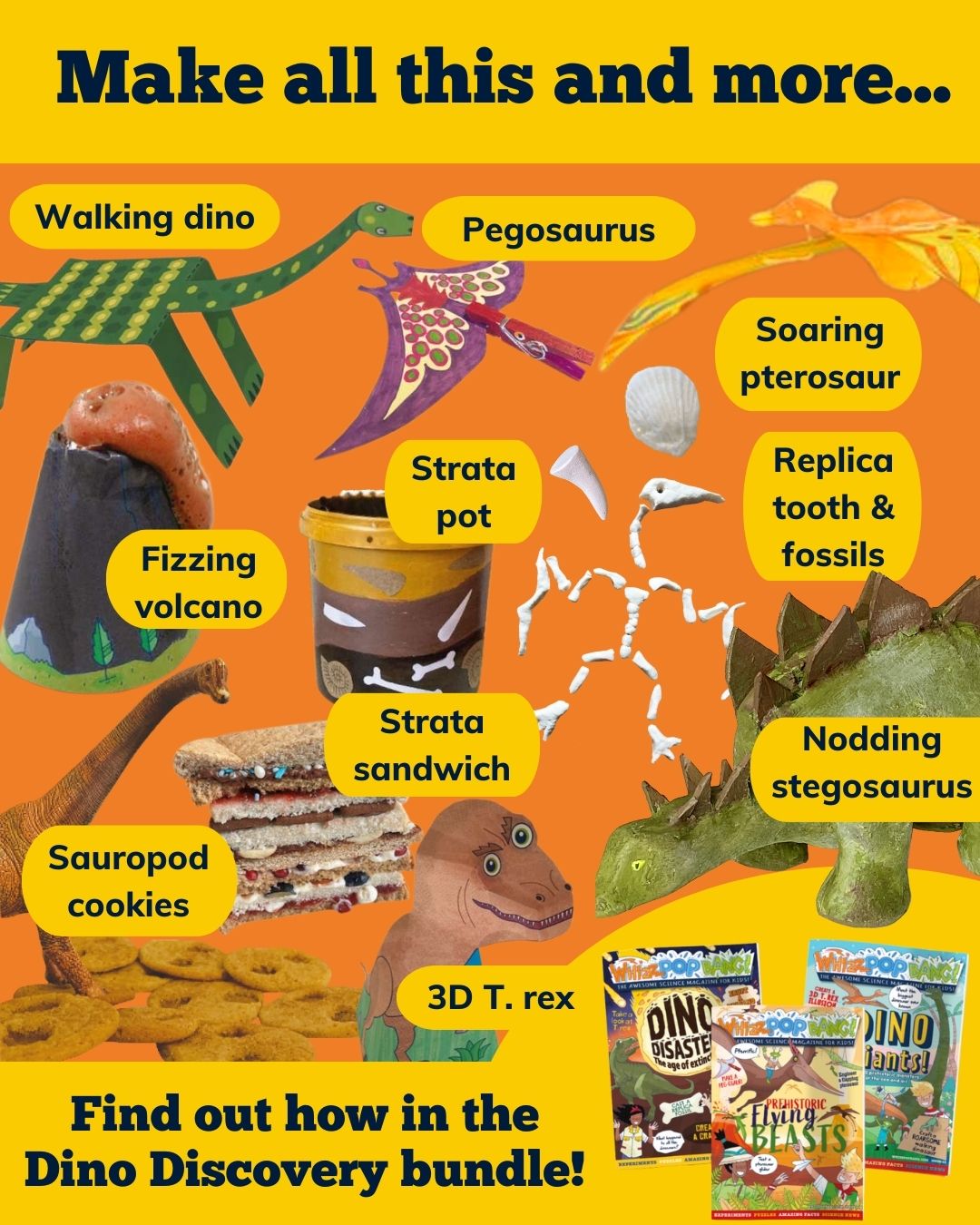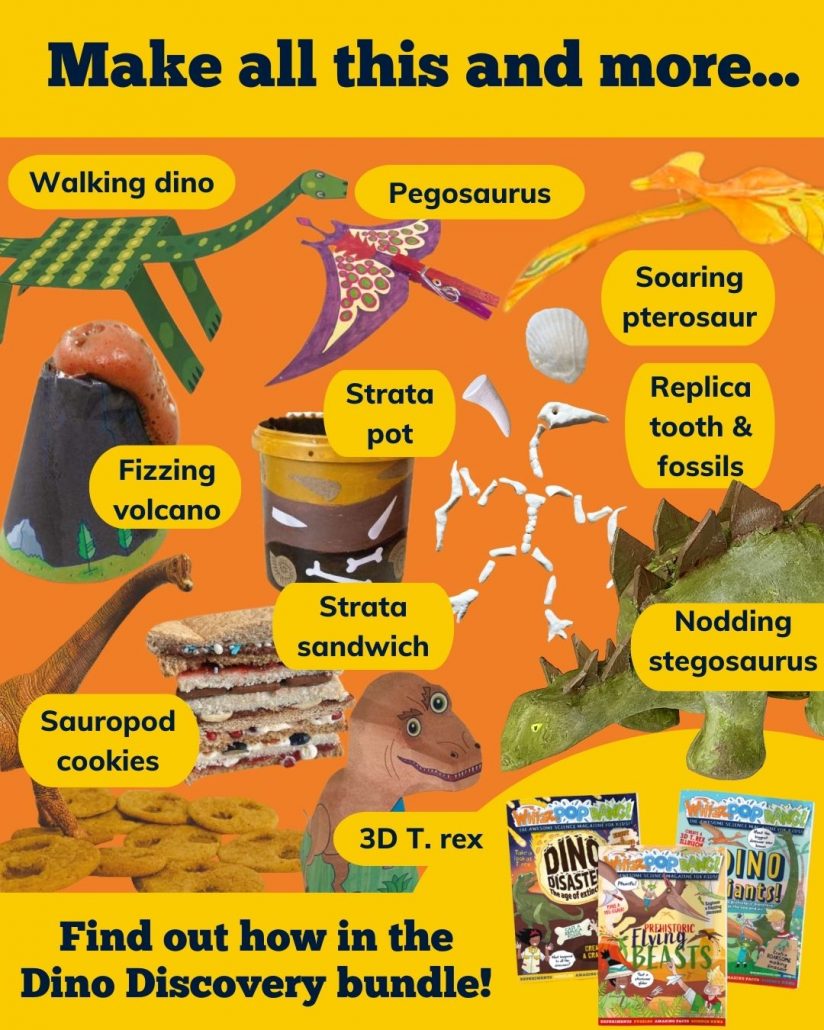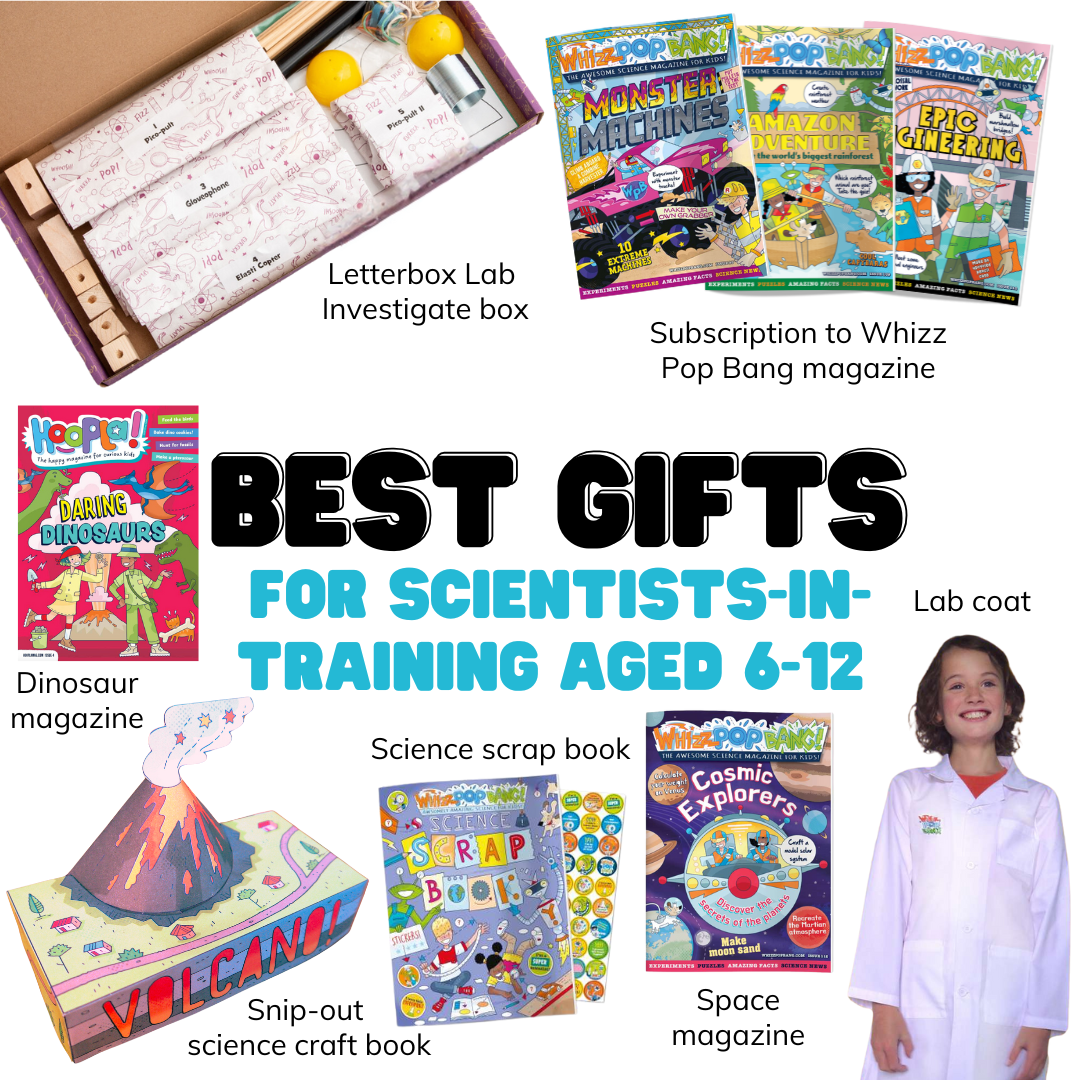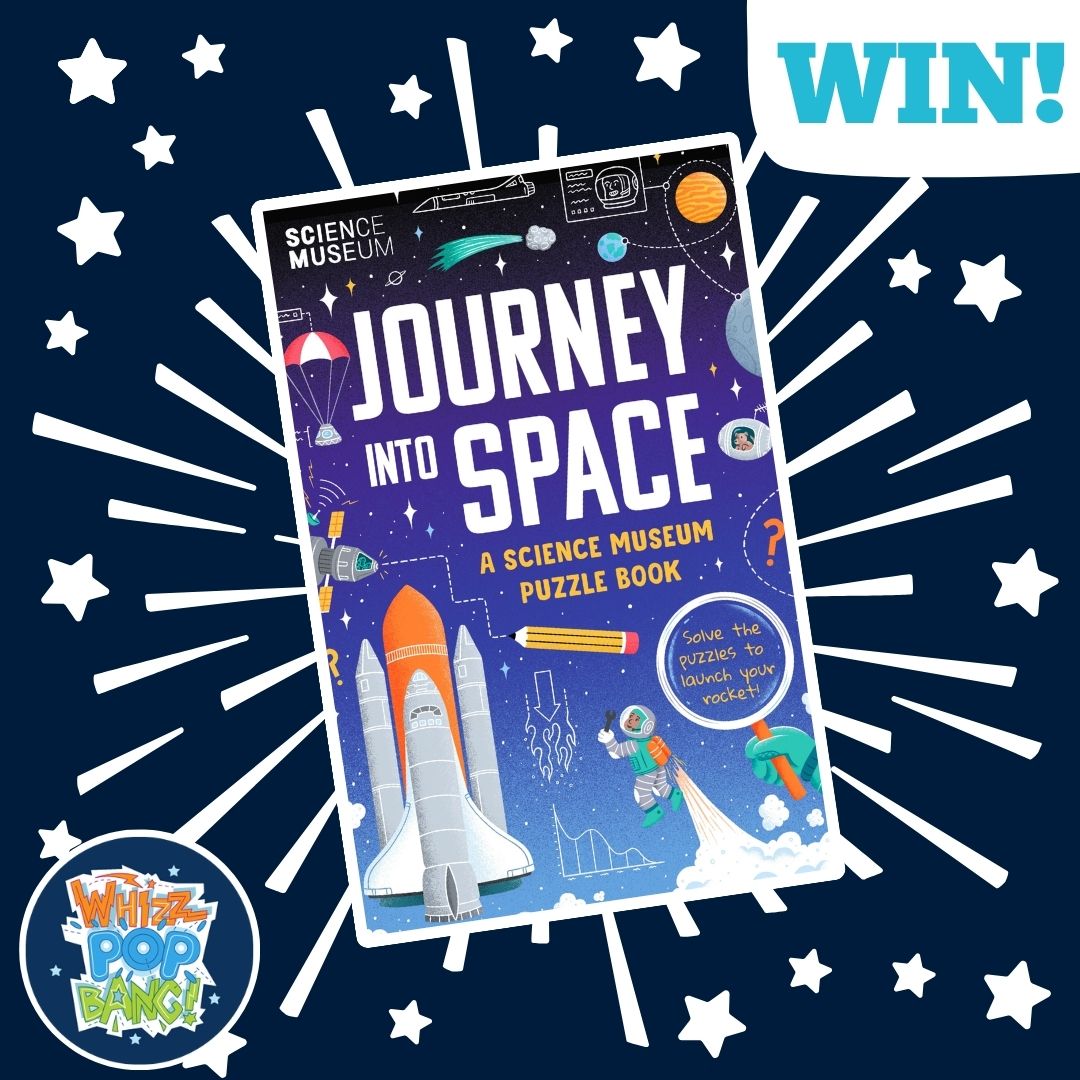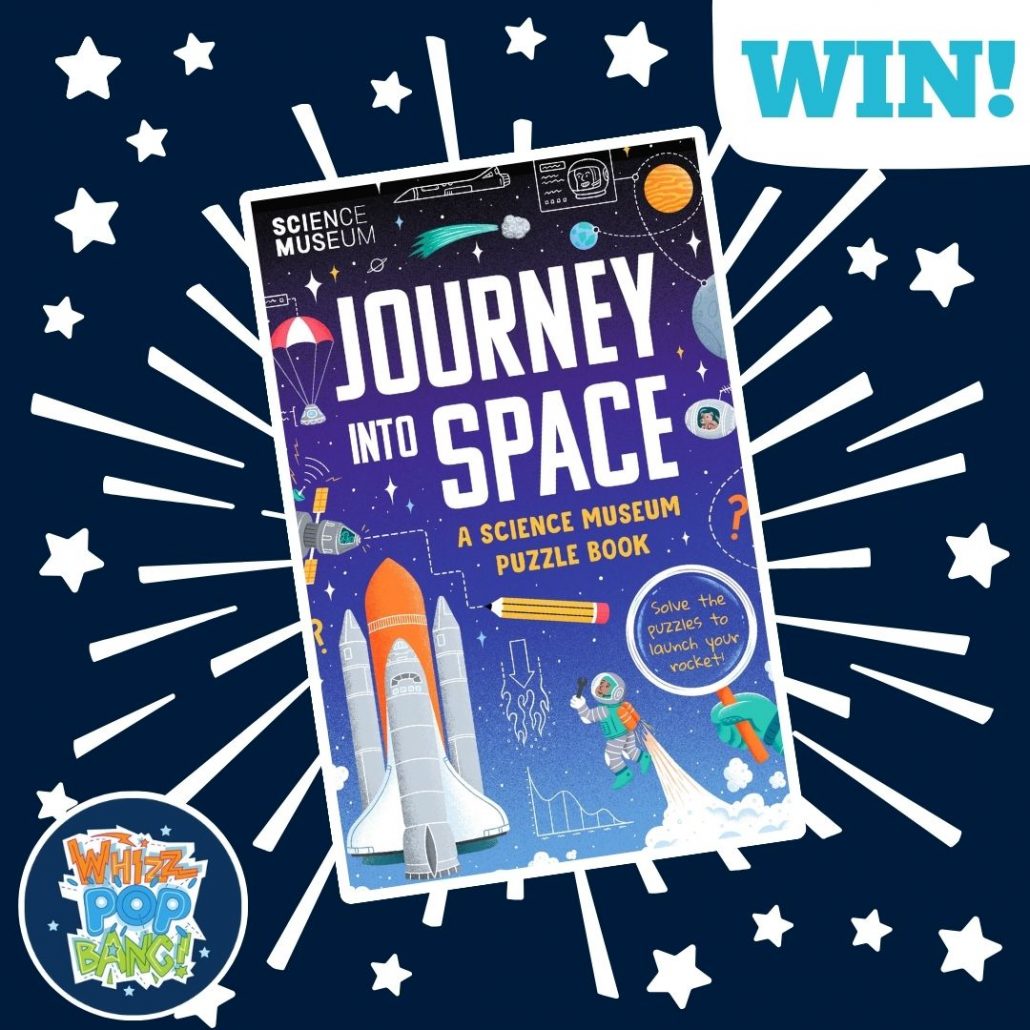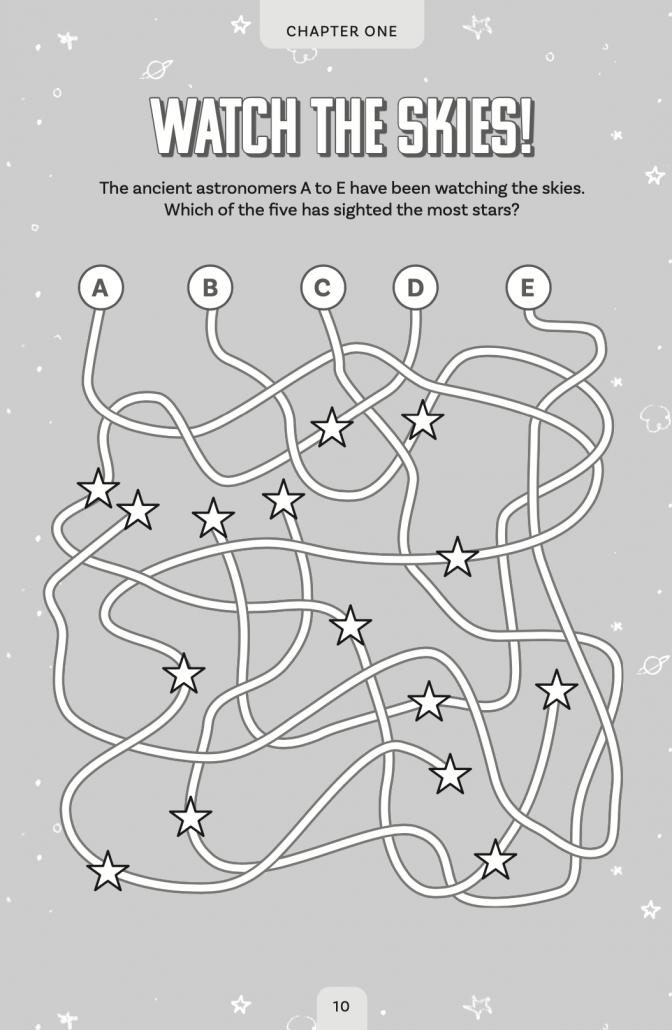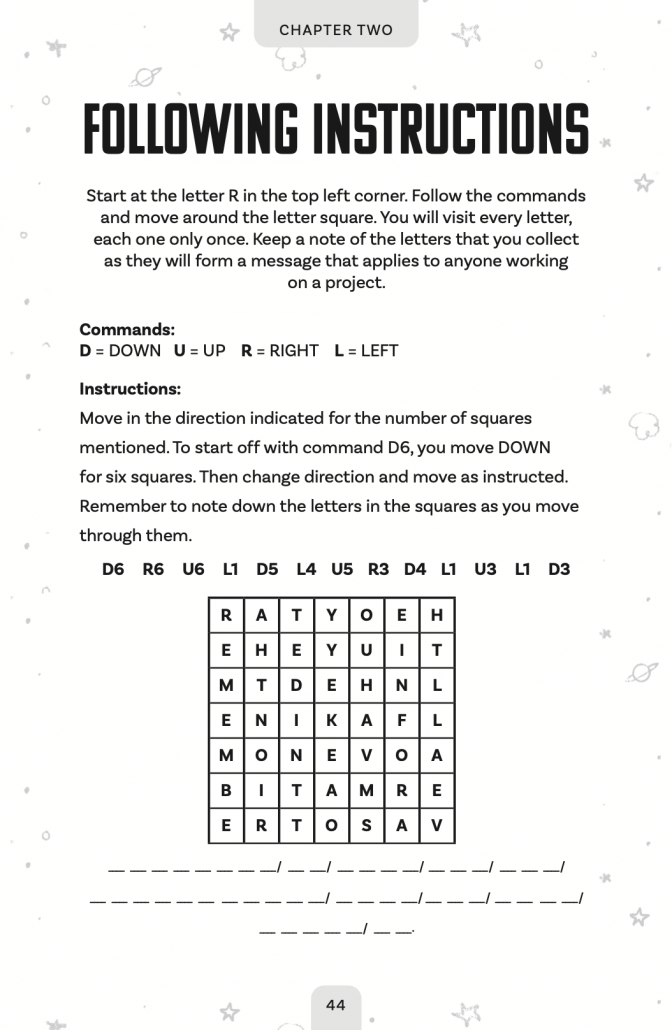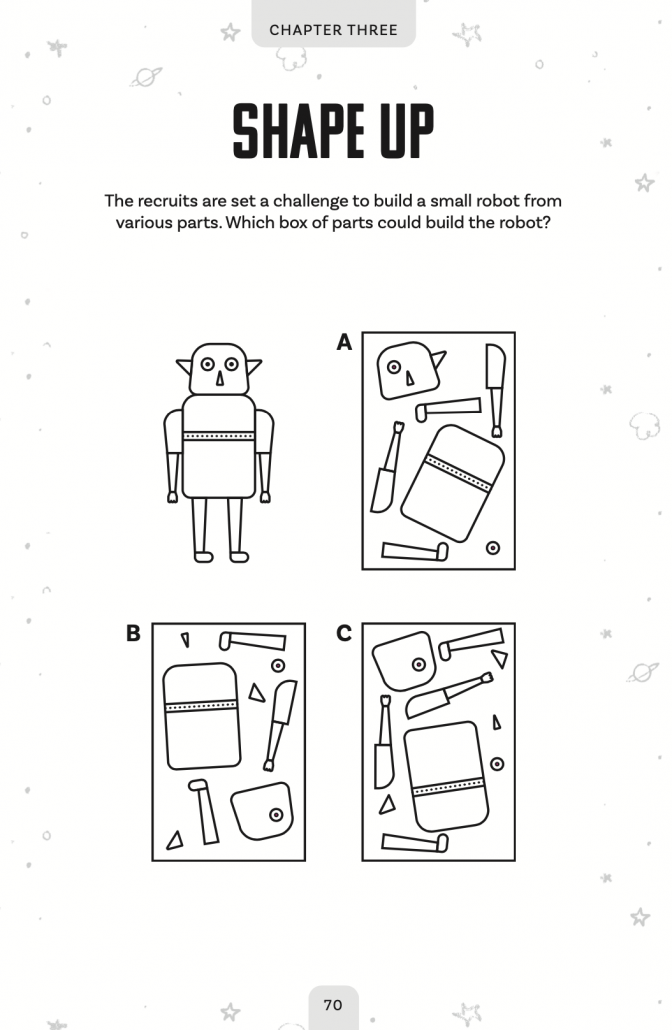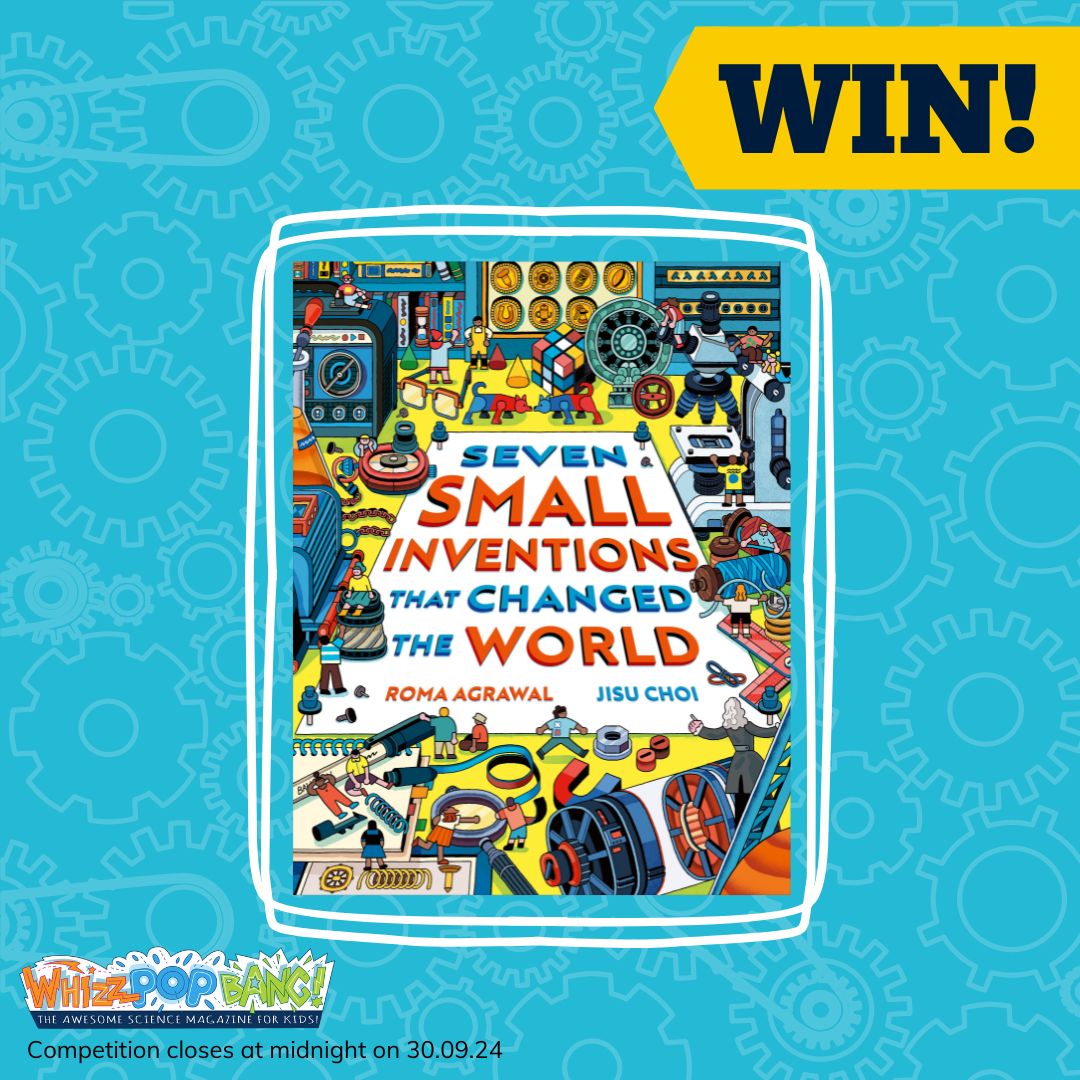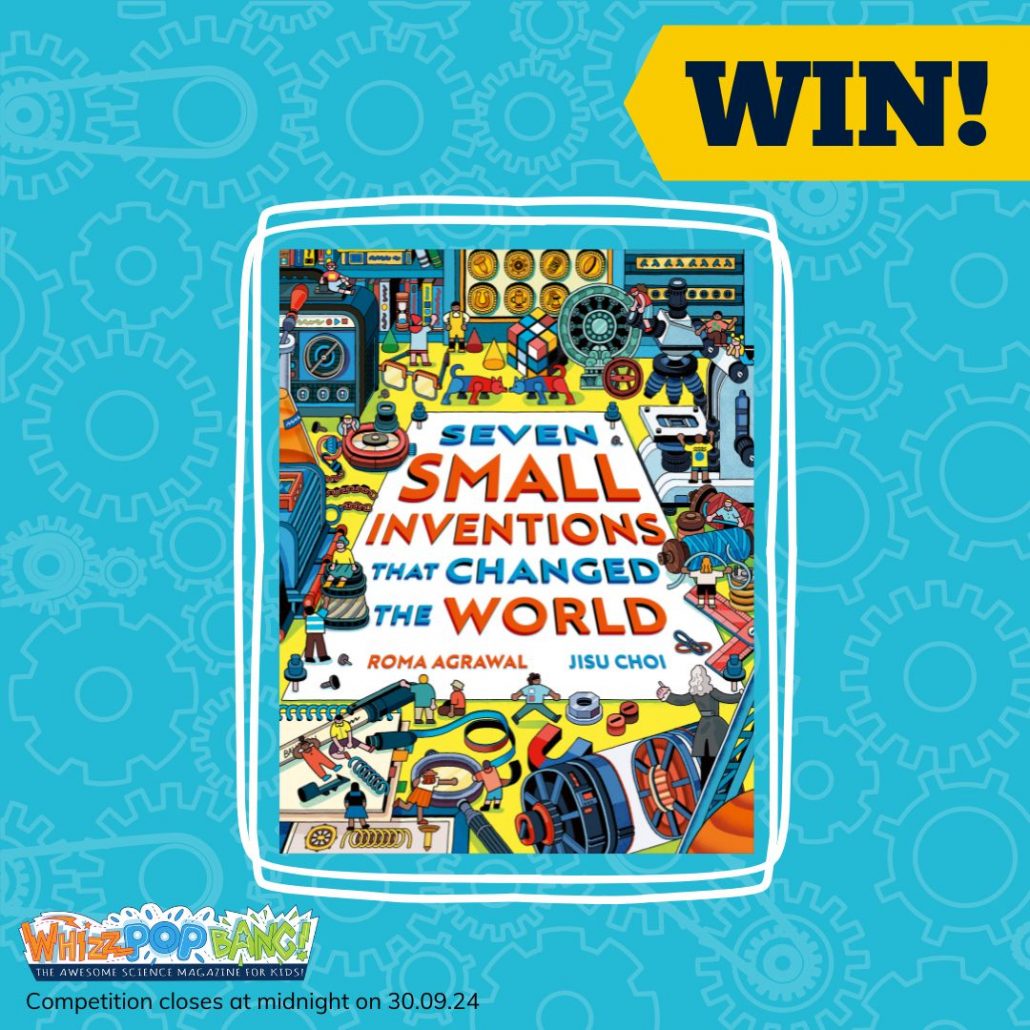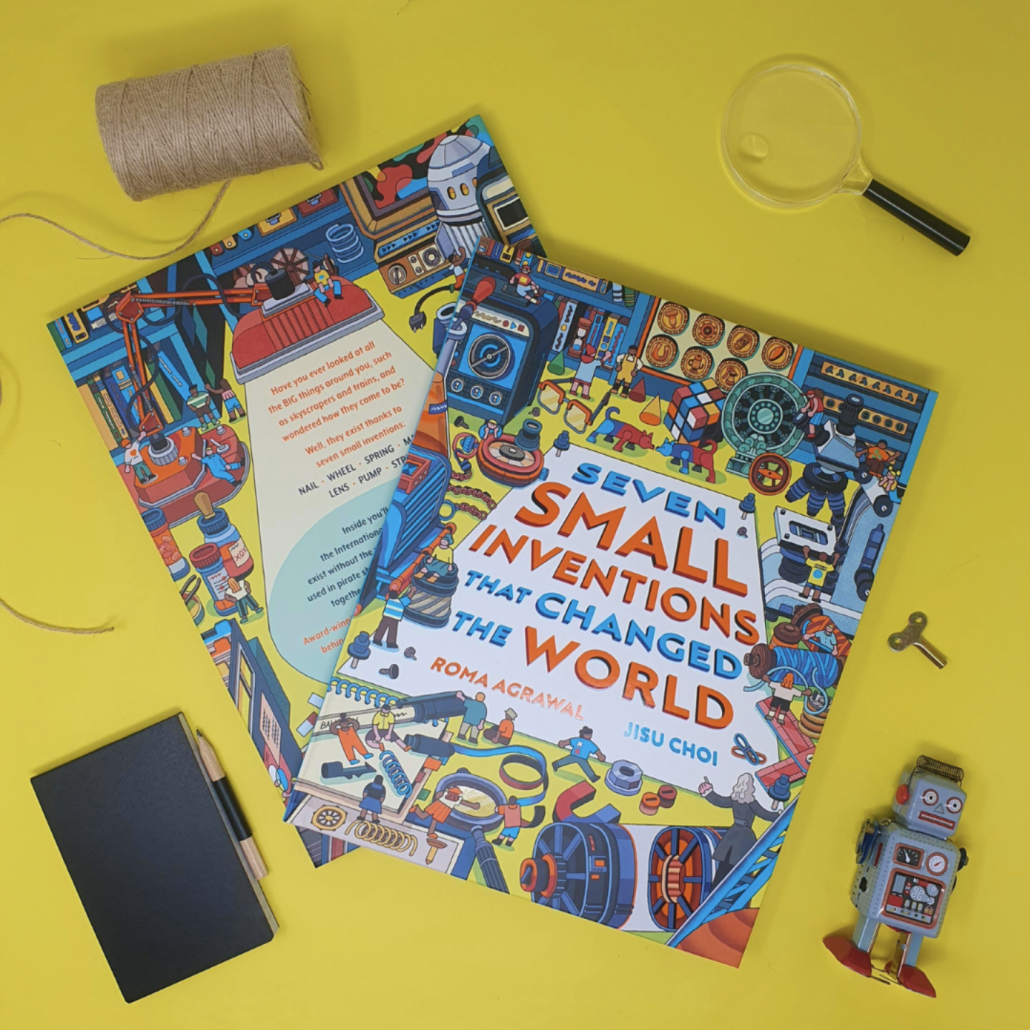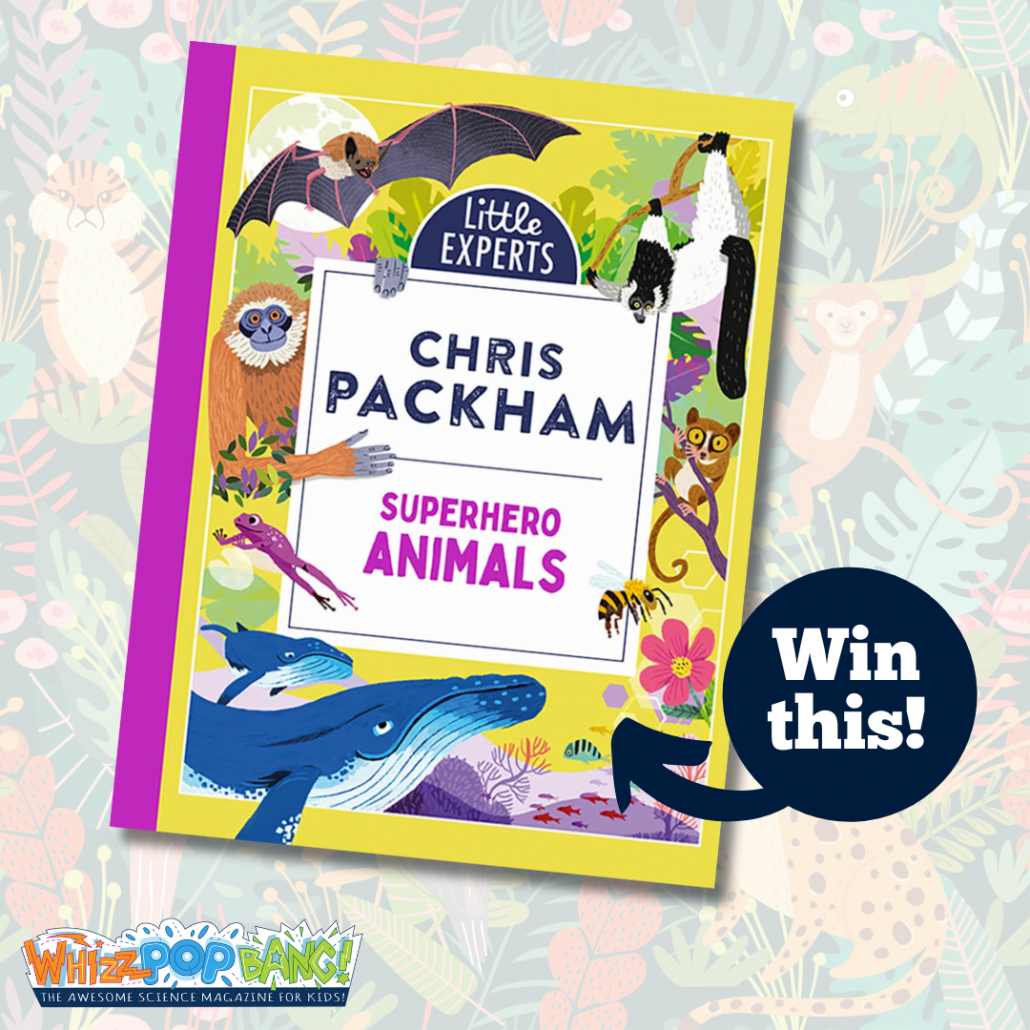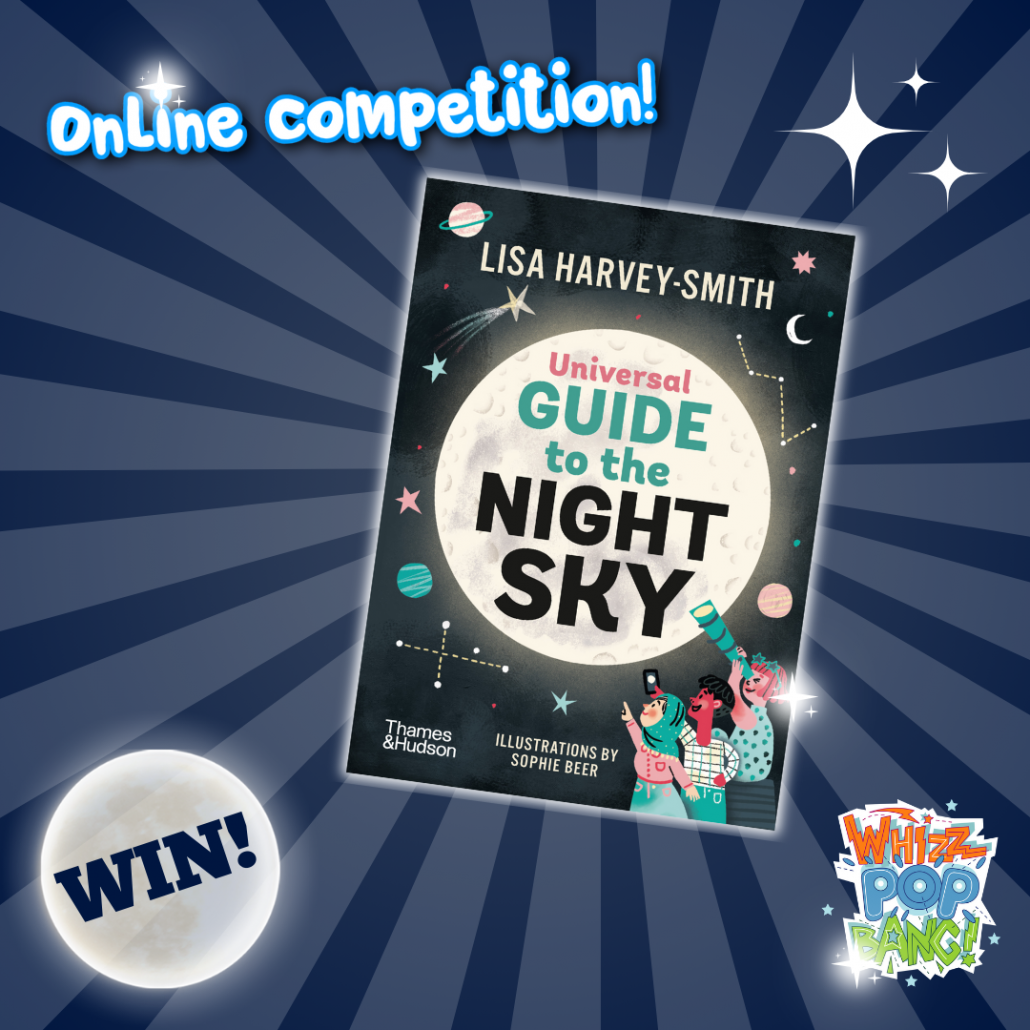We’ve got an amazing array of books to give away, perfect for curious children who love bugs, space, aliens and saving the planet! Thank you to our friends at Flying Eye Books for these gorgeous prizes!
Three lucky winners will each receive a set of four fantastic, fact-packed books that blend science, adventure and BIG questions about the universe. Here’s what’s up for grabs…
🪲Bonkers About Beetles by Owen Davey
This beautifully illustrated shines a light on the toughest bug in the insect world: brawny beetles!
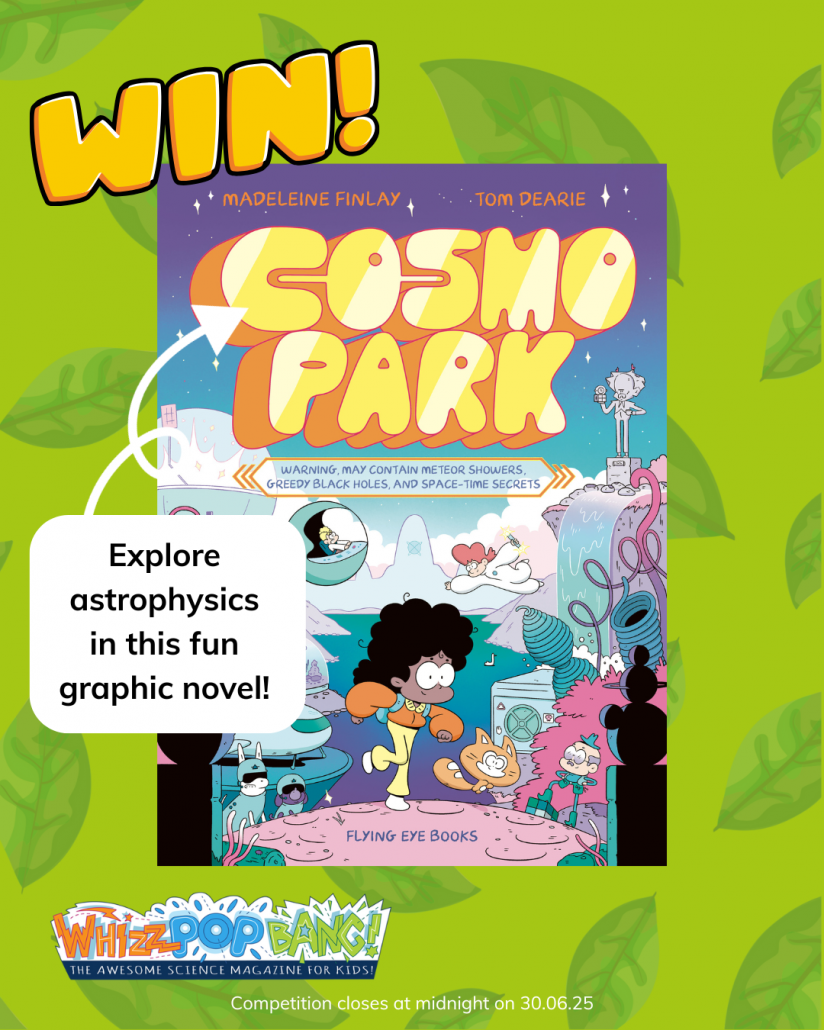
🪐 Cosmo Park by Madeleine Finlay and Tom Dearie
Jump aboard a hover-buggy and zoom through a cosmic theme park in this vibrant comic-style book! Learn all about black holes, galaxies and the freezing end of the universe – all wrapped up in colourful illustrations and mind-blowing facts.
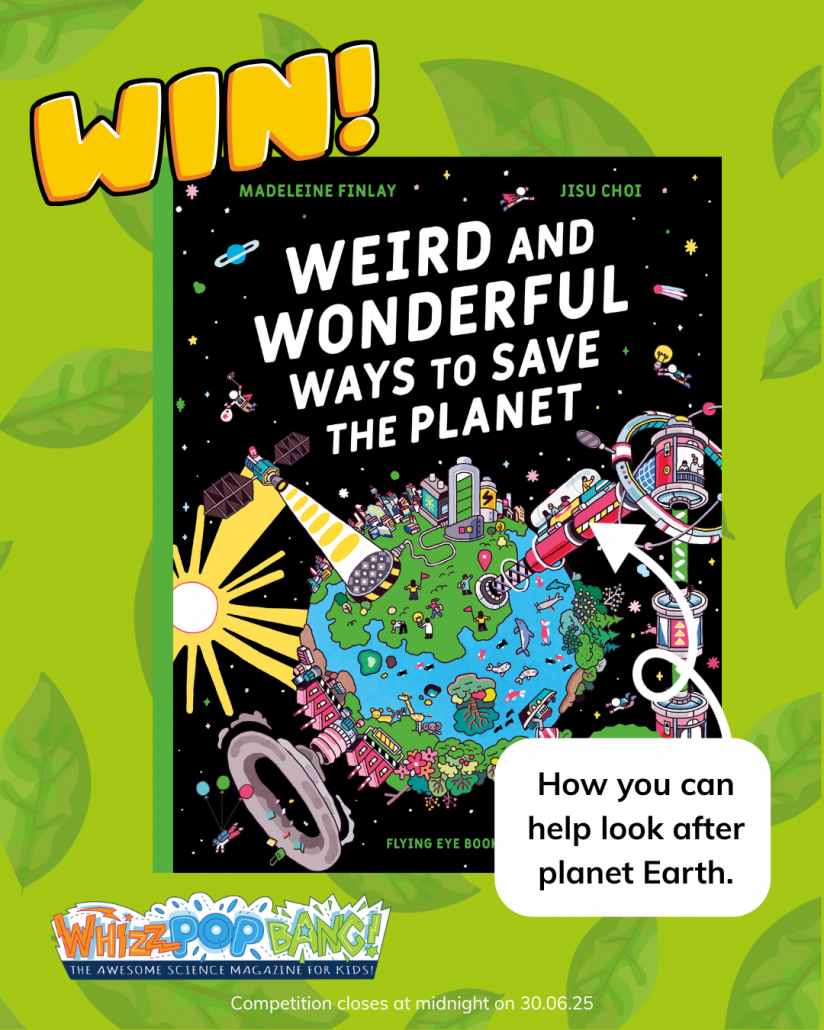
🌱 Weird and Wonderful Ways to Save the Planet by Madeleine Finlay and Jisu Choi
Can beetles, seaweed or human poop help fight climate change? Find out in this funny, fact-filled book bursting with unusual eco-solutions and inspiring ideas to help protect our planet.
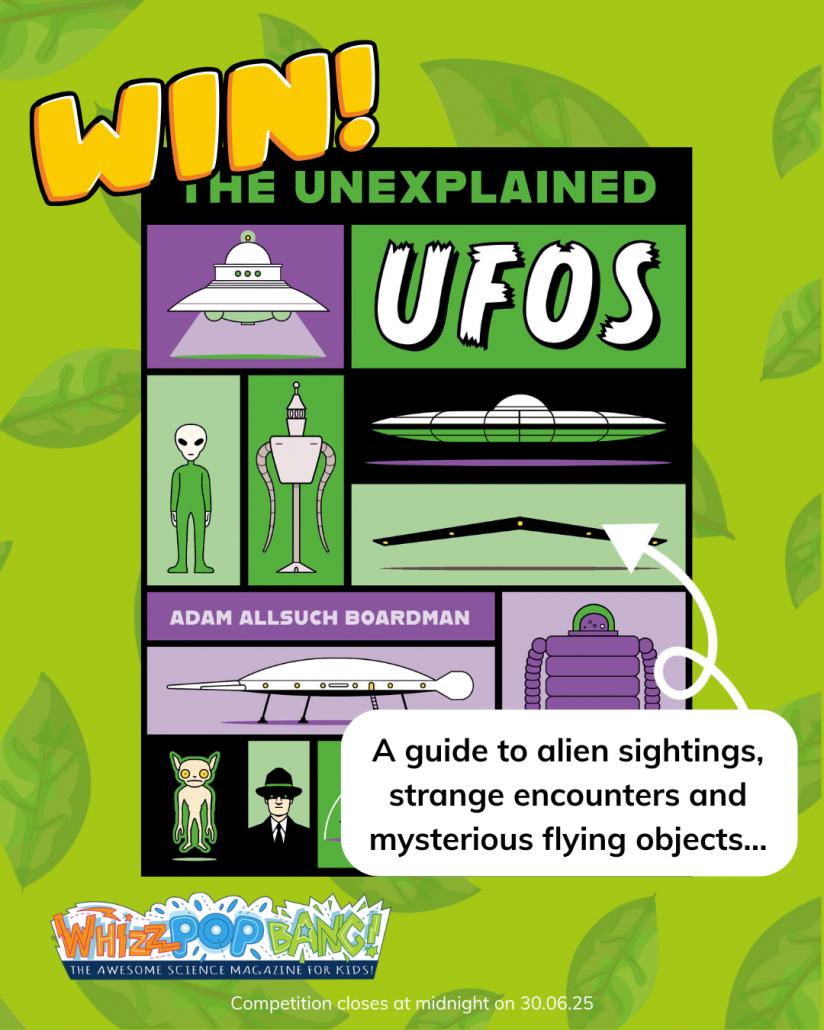
👾 The Unexplained: UFOs by Adam Allsuch Boardman
Are we alone in the universe? Explore the mysterious world of UFOs in this graphic guide packed with alien sightings, strange encounters, and fascinating theories. Perfect for kids with big imaginations and even bigger questions.
How to enter
To be in with a chance of winning, just answer this question in the comments:
Which one of the below is not a type of beetle?
A) Rose chafer
B) Ninety-nine-spot beetle
C) Rainbow leaf beetle
Competition closes at midnight on 30th June 2025. For full terms and conditions, see https://www.whizzpopbang.com/terms-and-conditions/
Why you’ll love these books 💫
- Bursting with bright illustrations and real science facts
- Perfect for reluctant readers and bookworms alike
- Supports STEM learning in a fun and accessible way
- Endorsed by experts like Professor Catherine Heymans, Astronomer Royal for Scotland!

